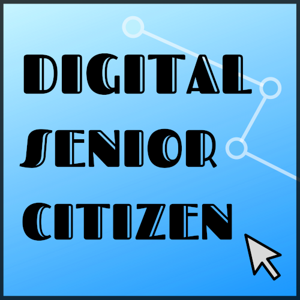The project “Digital Skills for People Living in the 3rd Age – Effective Digital Access to Public Services” aims at training elderly people on developing specific digital skills needed to access public services online, and thus to better adapt to digital-oriented changing world and to feel confident using online tools to manage and improve their health and life quality.
Tangible results:
- Public services roadmaps providing information on the most relevant online public services in 5 EU countries
- Training programme for improving basic digital skills and developing specific skills for digital access to public services
- E-learning and e-assistance platform with a Virtual assistance tool for digital inclusion of the elderly
- Effective methodology for high-quality work with elderly people by applying confidence-building approach and interactivity
- Policy recommendations for improving active ageing and digital literacy of elderly
- Triggering word of mouth events for presenting the project results and supporting their exploitation at local, national and European level.
Intangible results:
- Improved ability of people living in the 3rd age of effective digital access to public services;
- Increased digital literacy of elders;
- A step forward active ageing: by obtaining digital skills senior citizens can feel a better accomplishment and personal satisfaction into their lives leading to a more active and healthier 3rd age;
- Knowledge and experience gained by partner organisations in the field of transnational cooperation, project management, innovative practices to inclusion of elder people;
- Exchange of good practices and lessons learned on active ageing and social inclusion within and across nations.
Digital Access outcomes are available as free on line resources.
Source: http://digital-3rd-age.eu/
Access date: 28.02.2022

